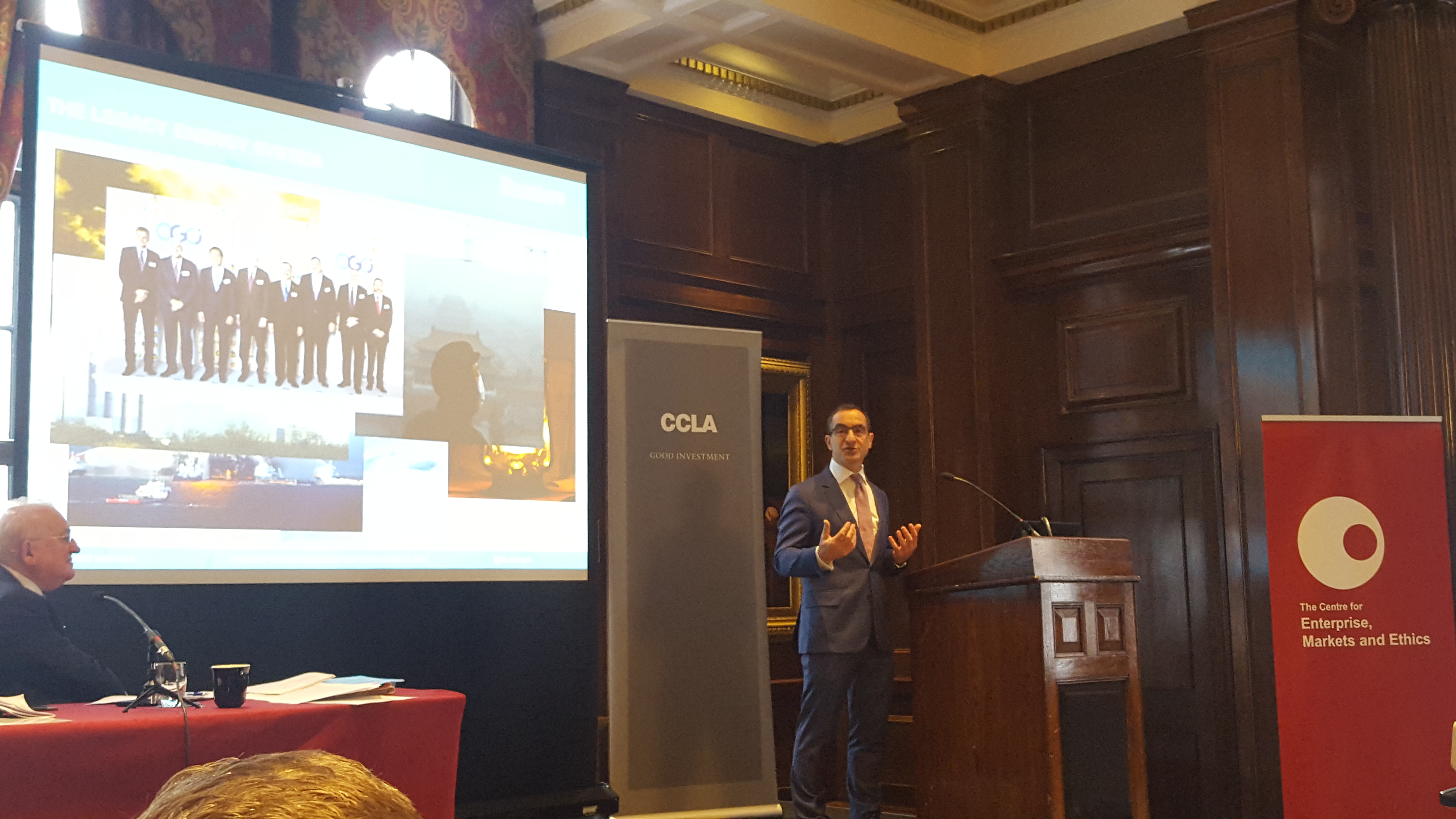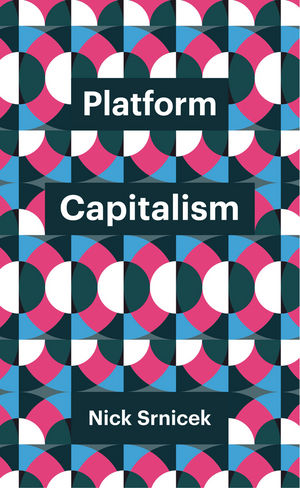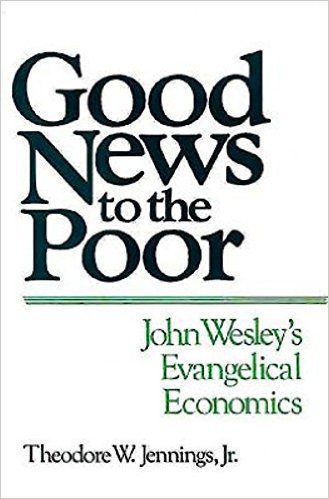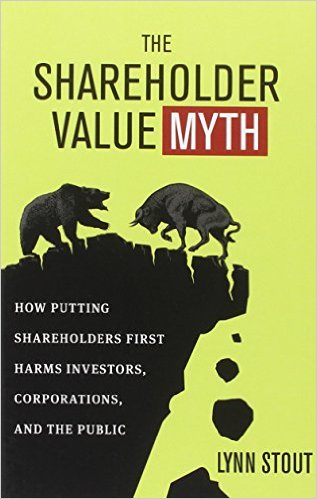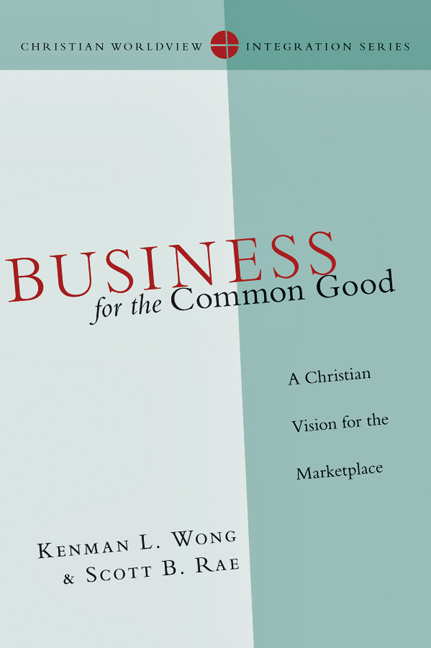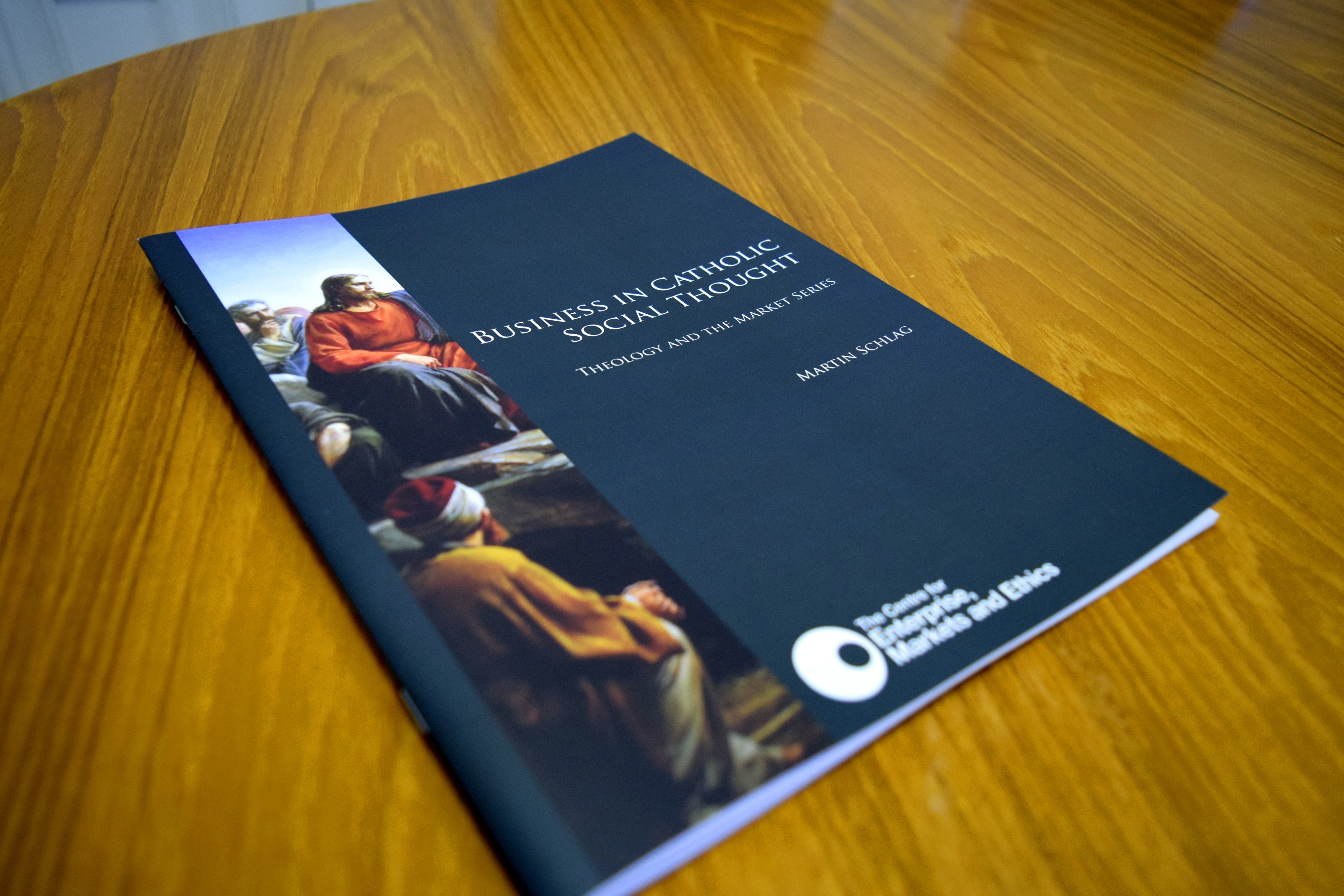In 1987 ICI, one of the leading chemical conglomerates at the time, described its purpose as follows:
ICI aims to be the world’s leading chemical company serving customers internationally through the innovative and responsible application of chemistry and related science. Through the achievement of our aim we will enhance the wealth and well-being of shareholders, employees, customers, and communities which we serve and in which we operate.
In 1994 the company objective had changed to:
Our objective is to maximise value for our shareholders by focussing on businesses where we have market leadership, a technological edge, and a world competitive cost base.
So, what changed? What changed so that ICI no longer aimed to be the world’s leading chemical company? What changed such that ICI’s application of science was no longer to be the innovative and responsible application of chemistry and related science, but only that in which they had a technological edge? What happened to the employees, customers, and communities which we serve, to be replaced by to maximise value for our shareholders?
The answer requires a book rather than a blog but the case of ICI is illustrative of the way in which business has become separated from ethics, values and a truly holistic purpose which historically served the economy and society well.
The Quakers represented, in 1850, no more than one half a percent of the population. Thus it is even more extraordinary just how many of our household names had Quaker origins – not least in financial services – Barclays, Lloyds, Friends Provident, Cadbury, Rowntree, Clarks (as in shoes), Huntley and Palmer (biscuits). The successful iron smelting that formed the basis of the Industrial Revolution came from a Quaker family, the Darbys.
I am not suggesting that the solution to the problems of business purpose and intent today is solved if we all became Quakers! However, what I am saying is that by understanding the key reasons why the Quakers were successful (mostly) in business can inform our contemporary debates in a helpful manner.
There were four key reasons behind Quaker business success, all of which have wider application today.
Understanding the culture shapes purpose and identity
Entrepreneurs do not flourish alone. Professor Mark Casson of Henley Business School has argued that the quality of entrepreneurship depends upon the quality of business culture. A strong culture is built upon trust, confidence integrity and quality. The strength of the Quaker culture had a direct impact upon their business success. The Quakers – among others – had by 1800 faced around 150 years of oppression, crucially including exclusion from the Universities. Hence many Quakers turned their minds to business. This persecution made them close-knit communities and it was within this setting that apprenticeships were developed, trust and confidence built as the major families all knew each other, with dishonesty and especially bankruptcy viewed in highly negative terms due to the impact on Quaker reputation. A strong culture which enhanced positive behaviour of honesty and integrity (quality products at fixed prices) and discouraged negative behaviour.
A willingness to talk and act morally
A major complexity today is that we have become so individualistic that moral behaviour is reduced also to the behaviour of each individual. We need to recover not ‘moralising’ but ‘moral character’ and ‘moral action.’ The reality is that much of the Quakers integrity derived from their spiritual principles. Their moral codes included injunctions against overtrading, honesty, payment of debts, caution over indebtedness, transparent and accurate accounts and understanding of the business. These principles derive from the Quaker ‘Advices’ and ‘Queries’ on trade issued between 1675 and 1793. Many Quakers became wealthy, but often had to endure the long and patient wait of the entrepreneur for success. As a result, they were not ostentatious with their wealth and certainly exercised personal discipline and frugality in the wait for a return. There are clear lessons for us today and we must become more willing to talk about moral values.
The central role of the family business
Generally speaking, negative views of business are aimed at the big corporates and more positive views of business related to smaller, local and family businesses (SMEs). All the successful Quaker businesses began as family businesses. Indeed, most involved the capital of the founders and owners being placed at risk. The opposite of limited liability. Growth inevitably led to a dilution of the family business and the need for capital ultimately led the leading Quaker businesses to adopt limited liability. However, the idea of the family business lay at the heart of the Quaker vision. The business was seen as part of the family and as a result concern for both quality products and the employees – so, everything from sport, to societies, savings clubs but also pension funds, sick pay and even bonus schemes.
Understanding the wider responsibilities of business and capital
The compartmentalisation of business from society is disastrous. The Quaker businesses had a much more holistic view of their purpose. Profitability was essential, but so were reputation, customers and the society of which they were part. The days of company’s building model villages providing housing – not charitable, but commercial – as well as ensuring community green space, fresh air and light may be over but the principles still provide lessons. Social purpose and commercial profitability and success are not mutually exclusive. Real relationships – between owners and managers, managers and workers, companies and customers and so on – are infinitely more purposeful than the remoteness and the contractual nature of so many business relationships.
How far we have come. Without a sense of ethical responsibility, disciplined moral behaviour and character and a recognition that capital and its economic return carry responsibilities as well as rewards, we will continue to increase the divide of business and society. However, we must also recognise that all of this can only be achieved in the context of a free economy where wealth creation is celebrated rather than despised and where the limits of government are recognised to be as significant as its regulatory and redistributive roles. A concern for society and the responsibilities of wealth do not need to be separated from a wealth-creating, efficient business enterprise. Profit is virtuous, but does not need to be maximised at the expense of all other demands.
Culture, ethics, family relationships, purpose, values, employees, responsibility – for all these things we can thank, at least in part, the Quaker businesses. All of those things are essential in restoring confidence in business today.
 Dr Richard Turnbull is the Director of the Centre for Enterprise, Markets & Ethics (CEME). For more information about Richard please click here.
Dr Richard Turnbull is the Director of the Centre for Enterprise, Markets & Ethics (CEME). For more information about Richard please click here.


 Dr Richard Turnbull is the Director of the Centre for Enterprise, Markets & Ethics (CEME). For more information about Richard please click
Dr Richard Turnbull is the Director of the Centre for Enterprise, Markets & Ethics (CEME). For more information about Richard please click 